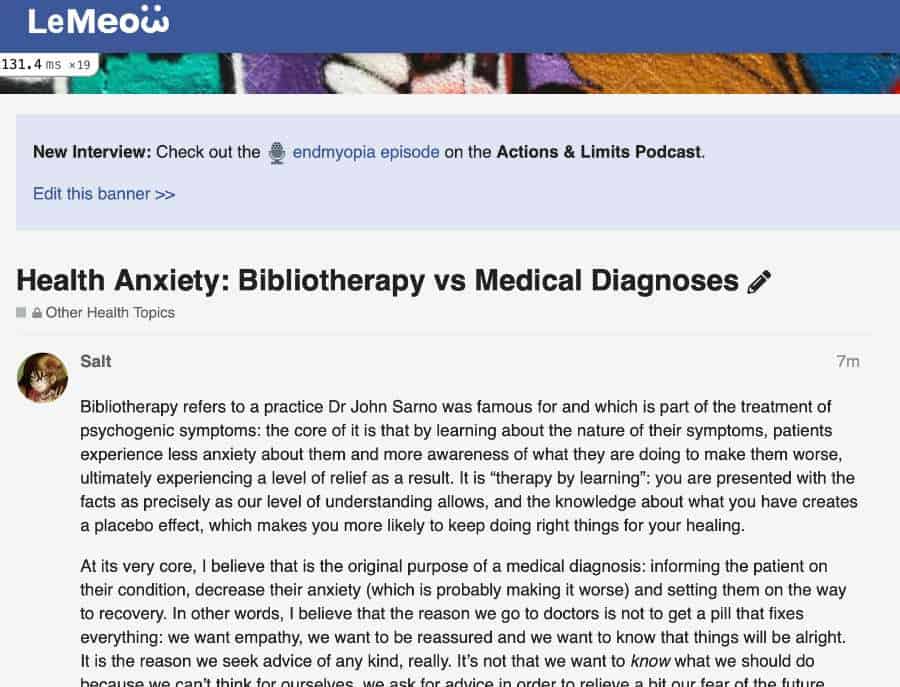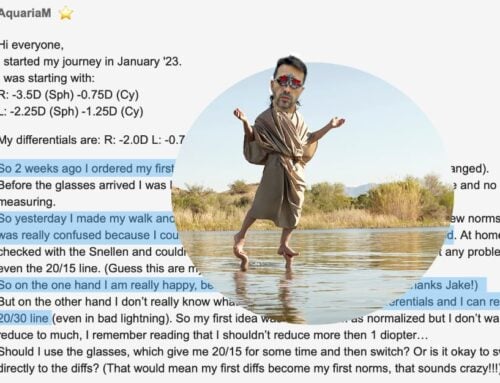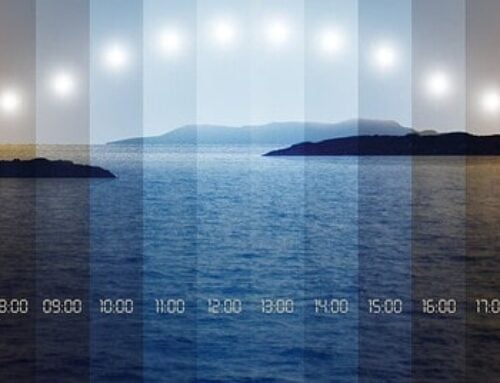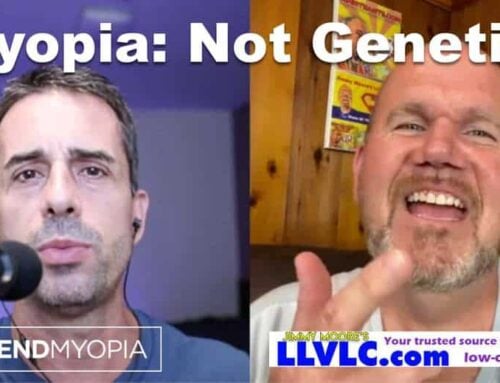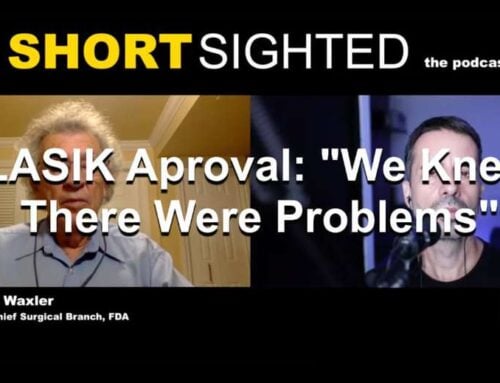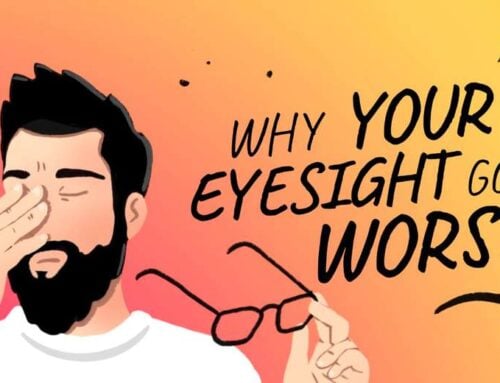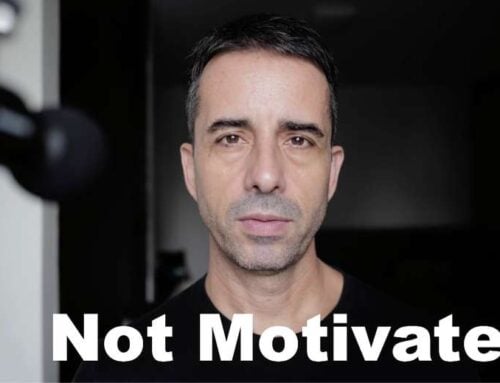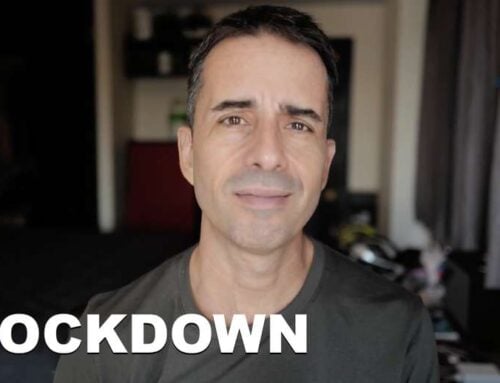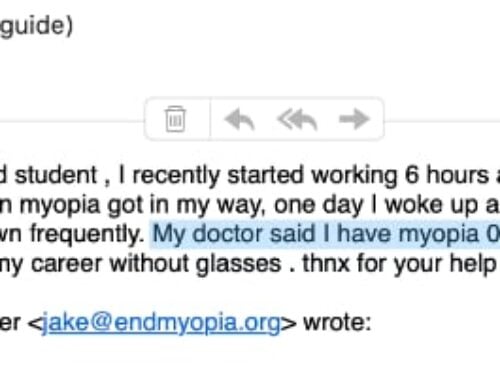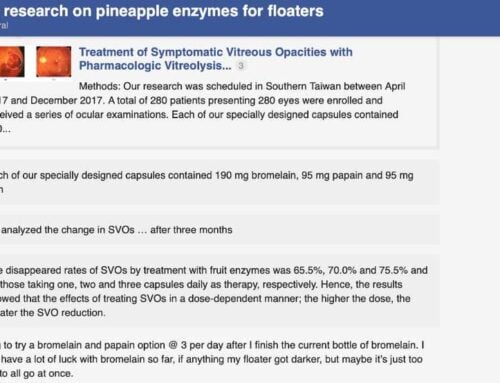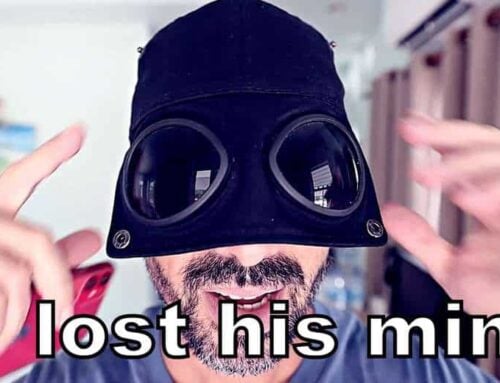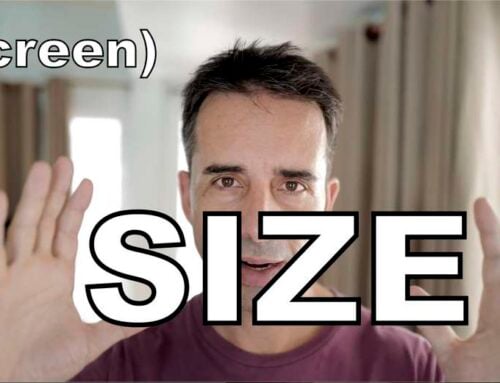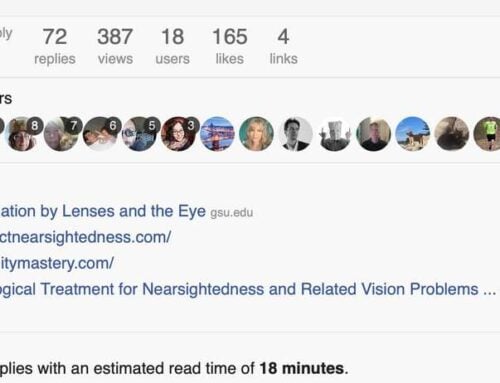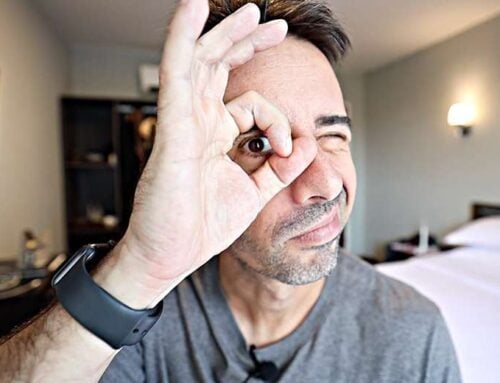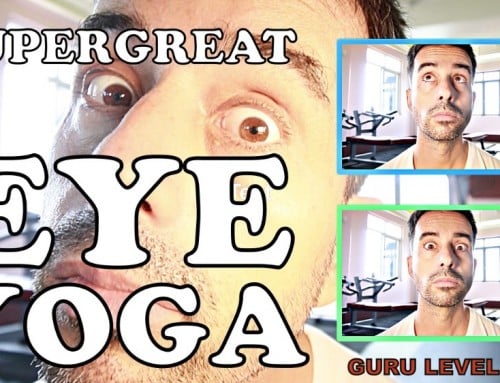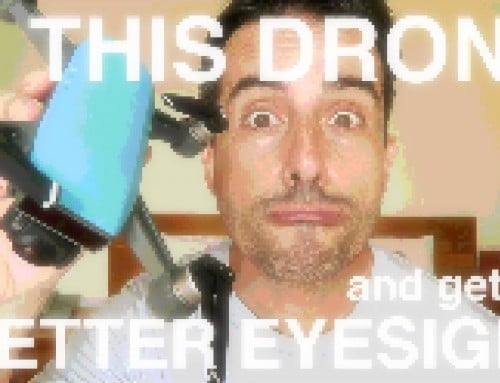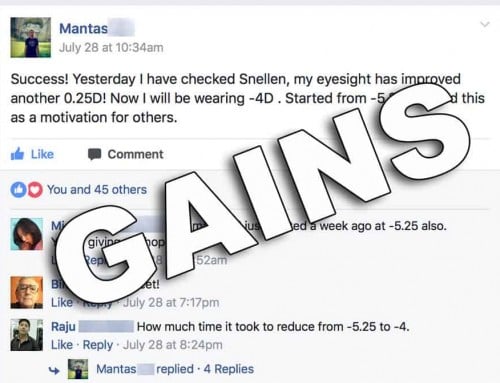So here is an idea: When you feel unwell and you go to the doctor, maybe you aren’t looking for a pill and a bill as the resulting experience.
Perhaps you want to understand what is wrong with you (or that nothing truly is). You want a proposed therapy coincide with reassurance, knowing what the issue is, and how the treatment will help you fix things right up.
Applied to endmyopia: With your favorite darling eye guru’s approach of dunking you into a pile of available knowledge and learning, you are able to eventually gain reassurance that you’re actually healthy, and the tools to understand what is bad for your eyes, and conversely what will be good for them.
Ole Beardly isn’t here to sell you “da five steppz” or a “prescription”. Here you’re buying empathy and reassurance and community, and actual answers to meaningful questions. Also for the low, low price of General McSillyface working here for free. 🤷♂️
Anywho. For a more eloquent elaborating on this idea, let me repost a rather fascinating bit of insight from the Le Meow forum:
Bibliotherapy refers to a practice Dr John Sarno was famous for and which is part of the treatment of psychogenic symptoms: the core of it is that by learning about the nature of their symptoms, patients experience less anxiety about them and more awareness of what they are doing to make them worse, ultimately experiencing a level of relief as a result. It is “therapy by learning”: you are presented with the facts as precisely as our level of understanding allows, and the knowledge about what you have creates a placebo effect, which makes you more likely to keep doing right things for your healing.
At its very core, I believe that is the original purpose of a medical diagnosis: informing the patient on their condition, decrease their anxiety (which is probably making it worse) and setting them on the way to recovery. In other words, I believe that the reason we go to doctors is not to get a pill that fixes everything: we want empathy, we want to be reassured and we want to know that things will be alright. It is the reason we seek advice of any kind, really. It’s not that we want to know what we should do because we can’t think for ourselves, we ask for advice in order to relieve a bit our fear of the future. Have you ever been asked for advice by someone, only for them to disagree with your advice? It feels maddening, you want to ask them “why are you asking me if you know what you want to do?” and there’s the answer: anxiety. They want you to reassure them, not to think for them.
So, we go to doctors because we want doctors to reassure us, not to heal us. Though it depends on what our anxiety is all about, sometimes we want a diagnosis of “your body is fine” and sometimes we want “yes you’re sick you have permission not to go to work”Looking at it from this angle, it only makes sense to me why people who have been diagnosed with an “idiopathic” disease lose faith in the medical profession. It’s not that they suddenly started being “anti-science”, it’s just that doctors have not fulfilled what they need: accurate but hopeful diagnosis of the cause and the treatment. By seeking education elsewhere (on the internet, most of the time), people are simply fulfilling that need to know what they have and what to do about it.
And in the end, I think EM has much more success than other methods because it is based on Bibliotherapy, and it is not a prescription: you start by learning about what really is myopia, what you are doing to make it worse, what you could be doing to make it better. Once a person is reassured on these three points, even if they are not a science nerd, they are psychologically prepared to do something about it. It works as a driver to read more, to self-experiment and to discuss. Meanwhile, if you get a “we don’t know what is causing this but do these eye exercises or take this pill and you will get better”, it really keeps you stuck and likely to give up at the first setback.
So… I guess my whole point with this messy post is that the education part of EndMyopia is a therapy in itself, it is not something we can just bypass. Newbies asking “what should I do” are ultimately lacking in self-confidence, are unable to drive on their own, are anxious they might do things wrong. So even if you tell them what they should do, the anxiety is not going to go away without them being properly educated on the nature of their condition, cause and treatment. If you do give them advice, it will not help them because just like pills or eye exercises, they will give up when they don’t see results because it is not a self-driven effort.
Tl;dr: Reading is part of improving your eyesight, it’s positively therapeutic, not just “a necessary evil because no one is here to do your homework for you”
How about that?
Original thread is here. Also if you haven’t joined our darling forum yet, it could be a worthwhile undertaking.

